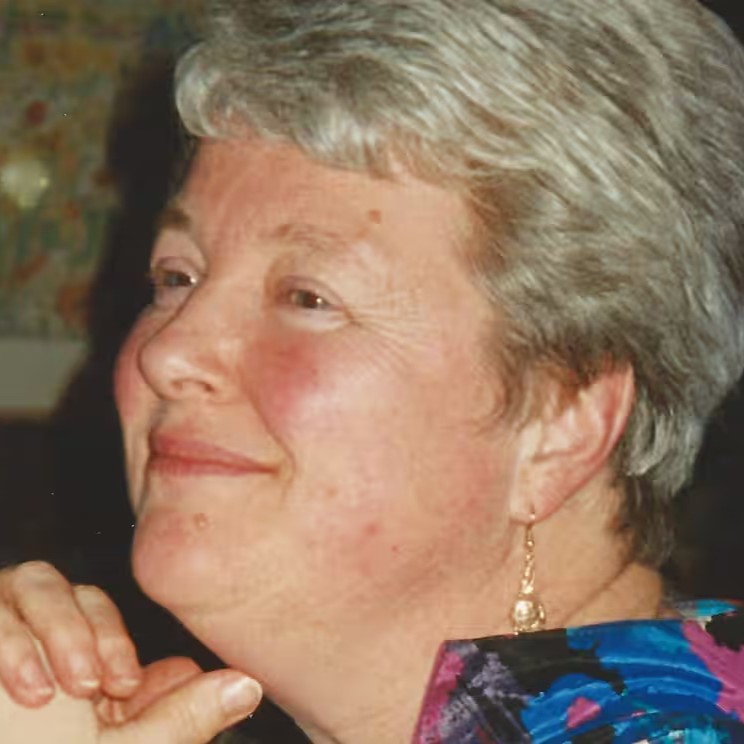“Love” can be the toughest or the fluffiest word in the language
“The sense of being answerable to the testimonies* may sound like a burden. Indeed, many people who are attracted by Quaker life find it daunting, demanding unsustainable standards of them. Others may reject it, as many reject the peace testimony, as unrealistically idealistic, divorced from everyday life. They may even shrug it off as hypocrisy. In some circles Quakers in Britain are seen as woolly liberals, their fine-sounding phrases never disrupting their comfortable middle-class lifestyles; ‘love’ can be the toughest or the fluffiest word in the language.
The point about the testimonies is that they are not forms of words, but ways of life. Our traditions only have life and validity as long as we are continuing to find how they help us understand and respond to the needs of our age and place. By working with them, we take care of them; the talents are not there to be buried, but to be used and made fruitful.”
— Christine A. M. Davis, 2008 (source)
Public servant, former clerk of Britain Yearly Meeting
*Quaker values of simplicity, peace, integrity, community, equality, and stewardship

Today’s Invitation
Write a few sentences about one of the Quaker testimonies (simplicity, peace, integrity, community, equality, stewardship) that you find daunting. How can it help you respond to the needs of your age and place?
This Week’s Query
How do you know if you have a leading?
How can you tell when to act and when more discernment is needed? How do you lean on others in your faith community to help you come to clarity?
Banner art by Maggie Fiori
Author
-

Christine A. M. Davis was a Scottish Quaker public servant. Her most notable public service, for which she was appointed CBE, was as founder member of the Scottish Legal Aid Board in 1987, and later its chair (1991-98). She was clerk of Britain Yearly Meeting for three years. In 1990 she represented all the Scottish churches on the new Council of Churches for Britain and Ireland and was the British Churches’ representative on the first Ecumenical Eminent Persons Group which visited South Africa in 1992, establishing a monitoring program, that contributed to the success of the 1994 elections.
View all posts




